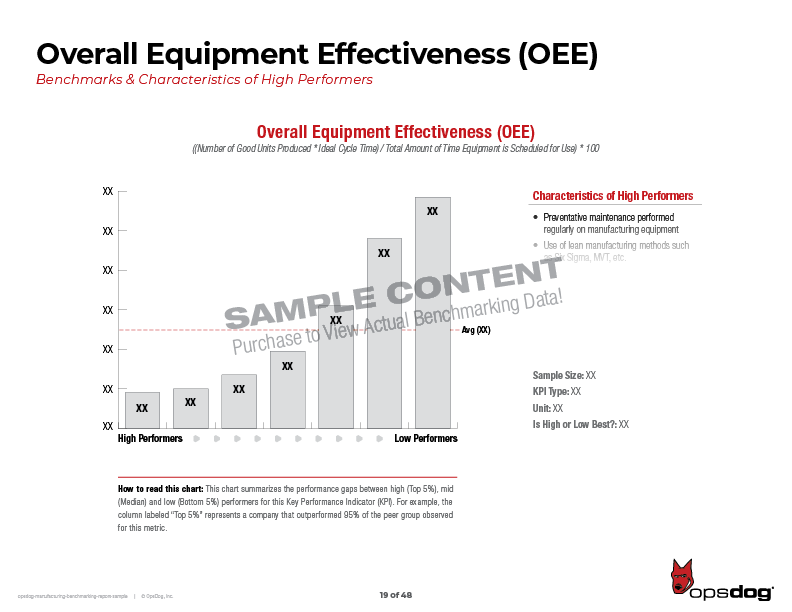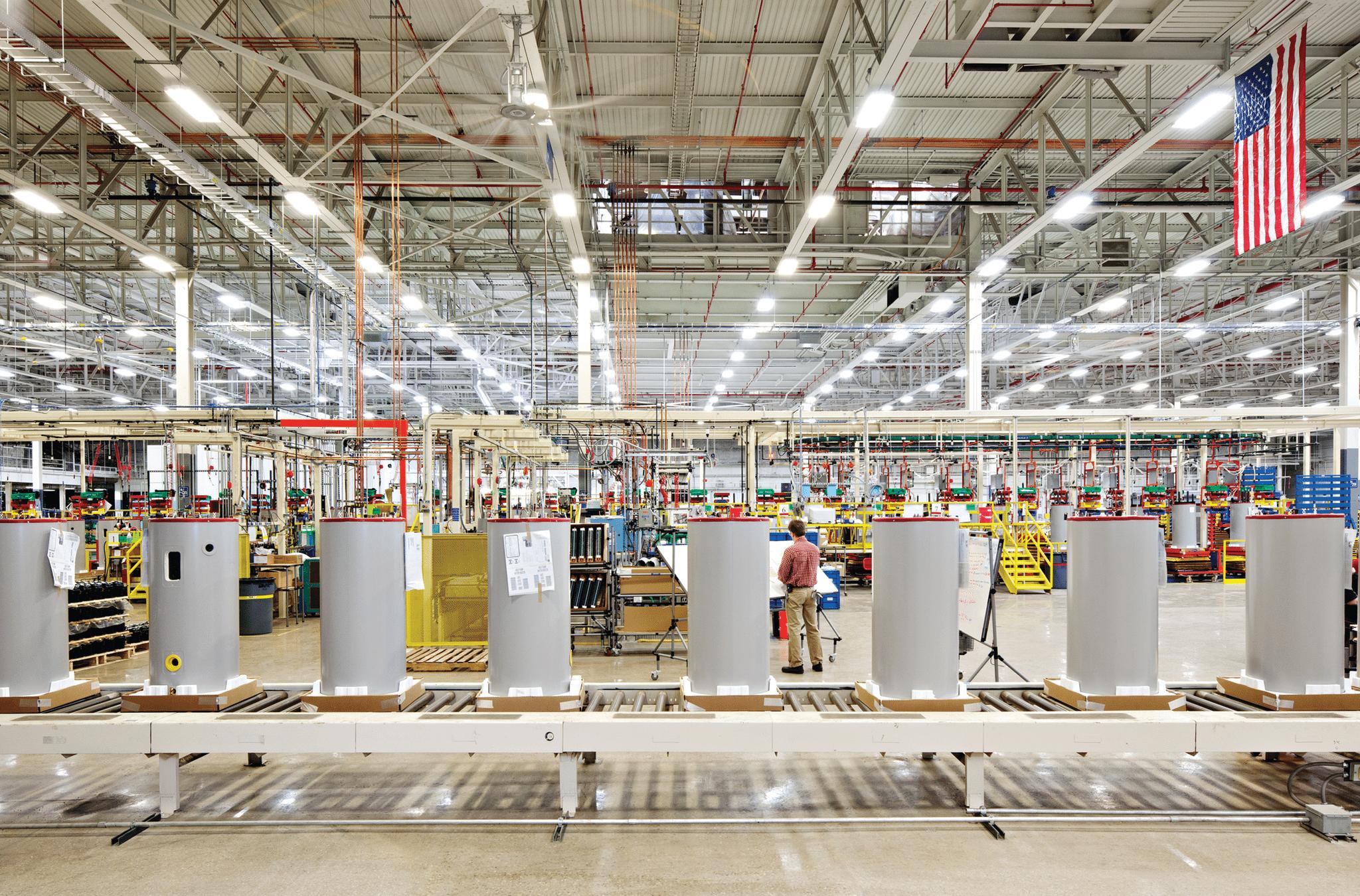
Sales engineers must have the right education to be able to sell high-tech goods. This field is growing rapidly, so you will need to stay current with technology and the latest trends in order to get a job. A good knowledge of the technical aspects of your products is essential, and you will need to be able to communicate these to your customers.
Sales engineers might specialize in one of many fields such as laboratory equipment or scientific instruments. Typically, you'll need a bachelor's degree in engineering or computer science. Many companies prefer to hire people with advanced degrees. You will also need to have experience working with customers.
An effective sales engineer must be well-rounded with strong interpersonal skills, good knowledge of sales strategies, and the ability to build strong relationships with customers. You will need to be able to present a convincing sales pitch and work well with other sales reps. This kind of knowledge is usually gained through professional and personal experience.

It's not unusual for a sales engineer to spend time in the office with a mentor who has a great deal of industry experience. This mentor can give valuable advice and guide you through the details of your company's culture.
Networking is another key to a career in sales. Your connections will help you learn about new technologies as well as find job opportunities. You can also learn more about your industry by networking.
Sales engineers need to be motivated and have good communication and negotiation skills. They must be able and willing to listen to their customers and to understand their needs. Because they are responsible for both the production and marketing ends of a product, sales engineers need to be able to understand how to sell the benefits of a product to customers who may not be as technically inclined.
Sales is one of the most lucrative and rewarding areas in business. You will be solving problems for customers and feeling proud that your skills are helping others succeed. This type of work is stressful and can be very demanding. Sales engineers usually earn very high salaries.

A solid resume is essential to land a job as a sales engineer. A strong resume should contain a summary of your accomplishments and details about your education background. You can include information about your employment history and dates.
Although the education requirements of sales engineers are different from industry to industry. Most companies prefer candidates with an advanced degree. It can make you stand apart as a sales professional if you have a certificate in project management or another sales skill.
An experienced salesperson may find it a smart decision to move into sales engineering. A bachelor's degree in chemistry or business can be sufficient to land a job, but you might be more successful if the degree is a master's.
FAQ
Why automate your warehouse
Modern warehouses have become more dependent on automation. Increased demand for efficient and faster delivery has resulted in a rise in e-commerce.
Warehouses have to be flexible to meet changing requirements. They must invest heavily in technology to do this. Automation warehouses can bring many benefits. Here are some of the reasons automation is worth your investment:
-
Increases throughput/productivity
-
Reduces errors
-
Accuracy is improved
-
Safety Boosts
-
Eliminates bottlenecks
-
Allows companies scale more easily
-
Makes workers more efficient
-
The warehouse can be viewed from all angles.
-
Enhances customer experience
-
Improves employee satisfaction
-
This reduces downtime while increasing uptime
-
High quality products delivered on-time
-
Removing human error
-
Assure compliance with regulations
What does warehouse mean?
A warehouse is an area where goods are stored before being sold. You can have it indoors or outdoors. It may also be an indoor space or an outdoor area.
What's the difference between Production Planning & Scheduling?
Production Planning (PP), is the process of deciding what production needs to take place at any given time. This can be done by forecasting demand and identifying production capabilities.
Scheduling is the process that assigns dates to tasks so they can get completed within a given timeframe.
What is the role of a production manager?
Production planners ensure that all project aspects are completed on time, within budget and within the scope. They also ensure that the product/service meets the client’s needs.
What skills do production planners need?
Being a production planner is not easy. You need to be organized and flexible. Communication skills are essential to ensure that you can communicate effectively with clients, colleagues, and customers.
Statistics
- In 2021, an estimated 12.1 million Americans work in the manufacturing sector.6 (investopedia.com)
- You can multiply the result by 100 to get the total percent of monthly overhead. (investopedia.com)
- According to the United Nations Industrial Development Organization (UNIDO), China is the top manufacturer worldwide by 2019 output, producing 28.7% of the total global manufacturing output, followed by the United States, Japan, Germany, and India.[52][53] (en.wikipedia.org)
- [54][55] These are the top 50 countries by the total value of manufacturing output in US dollars for its noted year according to World Bank.[56] (en.wikipedia.org)
- Many factories witnessed a 30% increase in output due to the shift to electric motors. (en.wikipedia.org)
External Links
How To
How to Use Just-In-Time Production
Just-intime (JIT), a method used to lower costs and improve efficiency in business processes, is called just-in-time. It allows you to get the right amount resources at the right time. This means you only pay what you use. Frederick Taylor was the first to coin this term. He developed it while working as a foreman during the early 1900s. After observing how workers were paid overtime for late work, he realized that overtime was a common practice. He then concluded that if he could ensure that workers had enough time to do their job before starting to work, this would improve productivity.
JIT is an acronym that means you need to plan ahead so you don’t waste your money. Also, you should look at the whole project from start-to-finish and make sure you have the resources necessary to address any issues. You'll be prepared to handle any potential problems if you know in advance. This will ensure that you don't spend more money on things that aren't necessary.
There are many JIT methods.
-
Demand-driven JIT: You order the parts and materials you need for your project every other day. This will allow for you to track the material that you have left after using it. It will also allow you to predict how long it takes to produce more.
-
Inventory-based: You stock materials in advance to make your projects easier. This allows you to forecast how much you will sell.
-
Project-driven: This approach involves setting aside sufficient funds to cover your project's costs. Knowing how much money you have available will help you purchase the correct amount of materials.
-
Resource-based JIT : This is probably the most popular type of JIT. You allocate resources based on the demand. You might assign more people to help with orders if there are many. If there aren't many orders, you will assign fewer people.
-
Cost-based : This is similar in concept to resource-based. But here, you aren't concerned about how many people your company has but how much each individual costs.
-
Price-based: This is similar to cost-based but instead of looking at individual workers' salaries, you look at the total company price.
-
Material-based is an alternative to cost-based. Instead of looking at the total cost in the company, this method focuses on the average amount of raw materials that you consume.
-
Time-based: This is another variation of resource-based JIT. Instead of focusing only on how much each employee is costing, you should focus on how long it takes to complete your project.
-
Quality-based JIT - This is another form of resource-based JIT. Instead of worrying about the costs of each employee or how long it takes for something to be made, you should think about how quality your product is.
-
Value-based JIT : This is the newest type of JIT. In this scenario, you're not concerned about how products perform or whether customers expect them to meet their expectations. Instead, your focus is on the value you bring to the market.
-
Stock-based. This method is inventory-based and focuses only on the actual production at any given point. This method is useful when you want to increase production while decreasing inventory.
-
Just-in-time (JIT) planning: This is a combination of JIT and supply chain management. This refers to the scheduling of the delivery of components as soon after they are ordered. This is important as it reduces lead time and increases throughput.